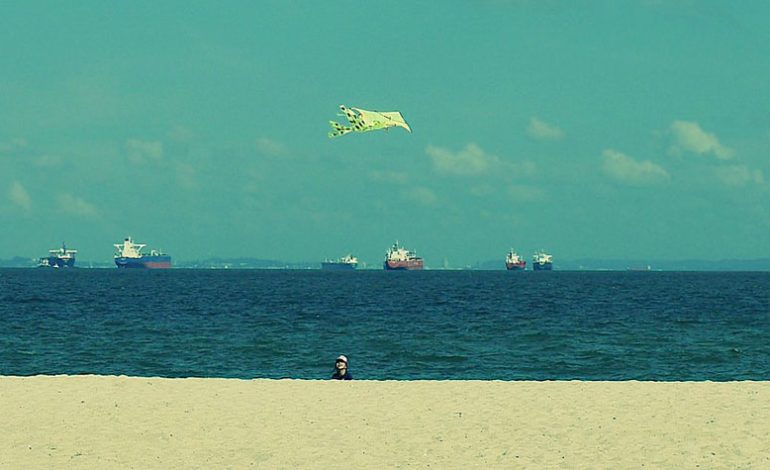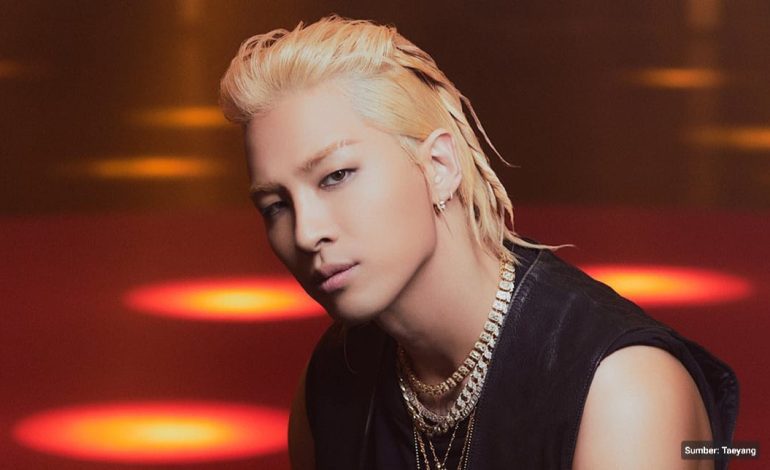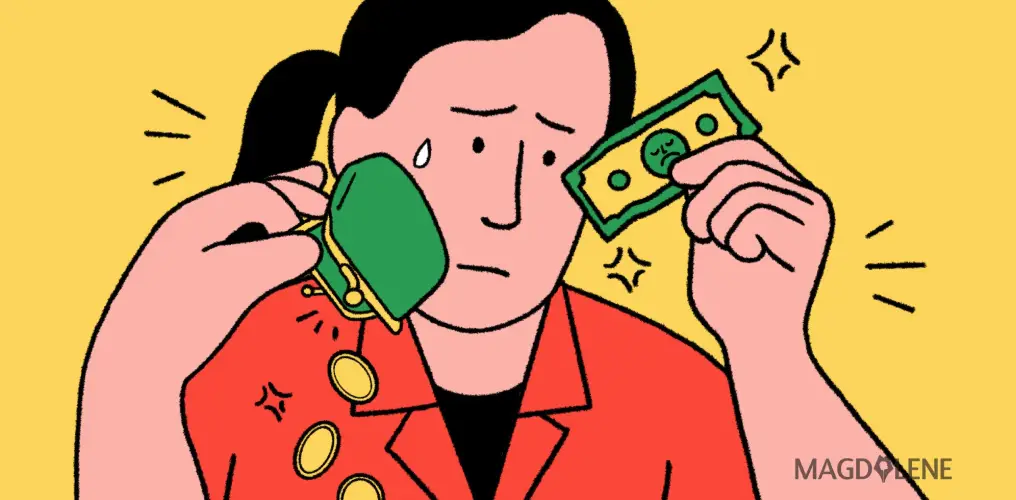Capturing Moments Beyond Photos

When it comes to capturing precious moments, I’m pretty sure all of us share similar sentiments on taking photos or recording videos. We love it! We do it all the time. It may even be instinctive in this social media era, where our mind is almost always on the hunt for some share-worthy content.
I’ve been to concerts where I, among all other people, was fixated on pressing the record button and monitoring the performance through the phone screen. Capturing once-in-a-lifetime moments to put them in our pockets have never been easier.
The question is: what does it actually mean to “capture” precious moments?
Recently, I’ve took a trip to Bali, my first since before the pandemic. As soon as I landed, I went to see the sunset, and my first instinct was to take photos of it. At first, it was just lovely. I thought I could probably make one of the photos as my phone wallpaper or post them on Instagram as a memento, so that I would never forget this majestic scenery.
Once I felt like I had taken enough photos, I put my phone away and sat on the beach, hands on the sands. Ripples of waves were coming and going, the sound surrounding me. The flaming sky left me stunned and I felt as if my eyes and ears started to open more. I was seeing everything and listening to everything more intently.
As this was happening, thoughts cropped up. How could this feel like the first time in forever that I witnessed this kind of beauty? Had I just not been paying attention? Suddenly, warmth spread across my chest. I felt peace and grateful. I thought of everything that got me to that exact moment, exact sunset, exact everything. How perfect it was, how beautiful everything was, how magical it made me feel. Streams of tears warmed my cheeks.
Alain de Botton in his book, Architecture of Happiness, explains how philosopher John Ruskin really believes that everyone should draw. It’s not about making great drawings or having talents, but rather to be as present and as sensitive as we can in noticing the details of our experience
Ruskin believes that drawing “…could teach us to see – that is, to notice rather than merely look. In the process of recreating with our own hands what lies before our eyes in a loose way to possessing a deep understanding of its constituent parts and hence more secure memories of it.” De Botton talks about how “the camera blurs the distinction between looking and noticing, between seeing and possessing.”
I came to understand that taking photos as mementos is one thing, but truly appreciating the beauty of every moment and getting immersed in the experience is another. Indeed, photography technology has made it easier to document montages of our lives, and it is here to stay. But relying too much on it can take us away from deeper experience and lessen our appreciation towards every moment in our lives, as we go about our business of pocketing and preserving memories in our phone storage (and thinking that is enough). In my case, it could’ve denied me the chance to be more present and to reflect; to think more and feel more, as a conscious response.
Oh, I’ll still take a lot of photos, I love the nostalgia of looking back to certain moments from time to time. But I guess I can also spend more time letting the beautiful moments take me to a certain depth by paying more attention to the little things and being aware of my own impressions more intentionally.
After all, if we only get to live every moment once, we better do our very best treasuring it.






















